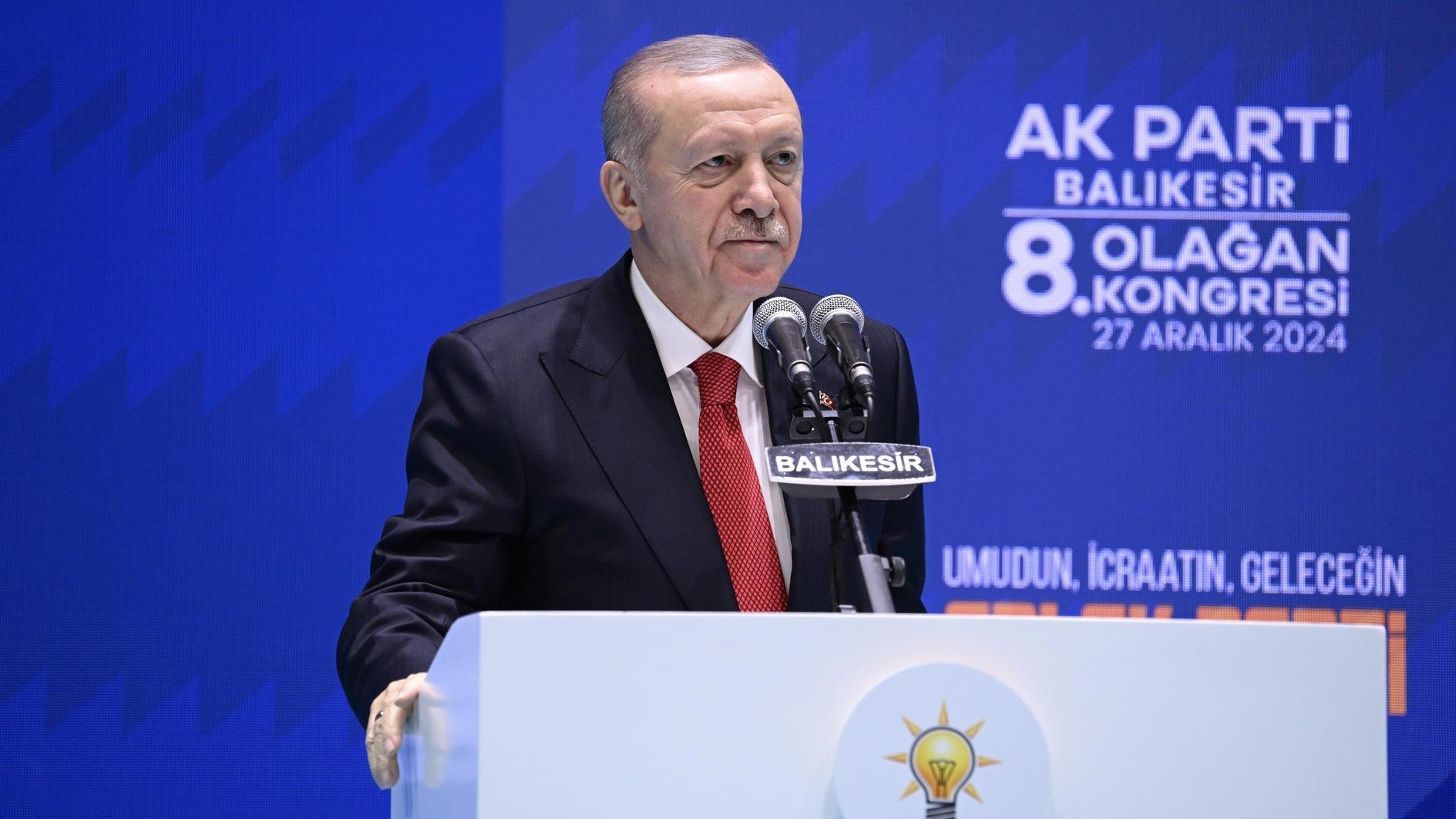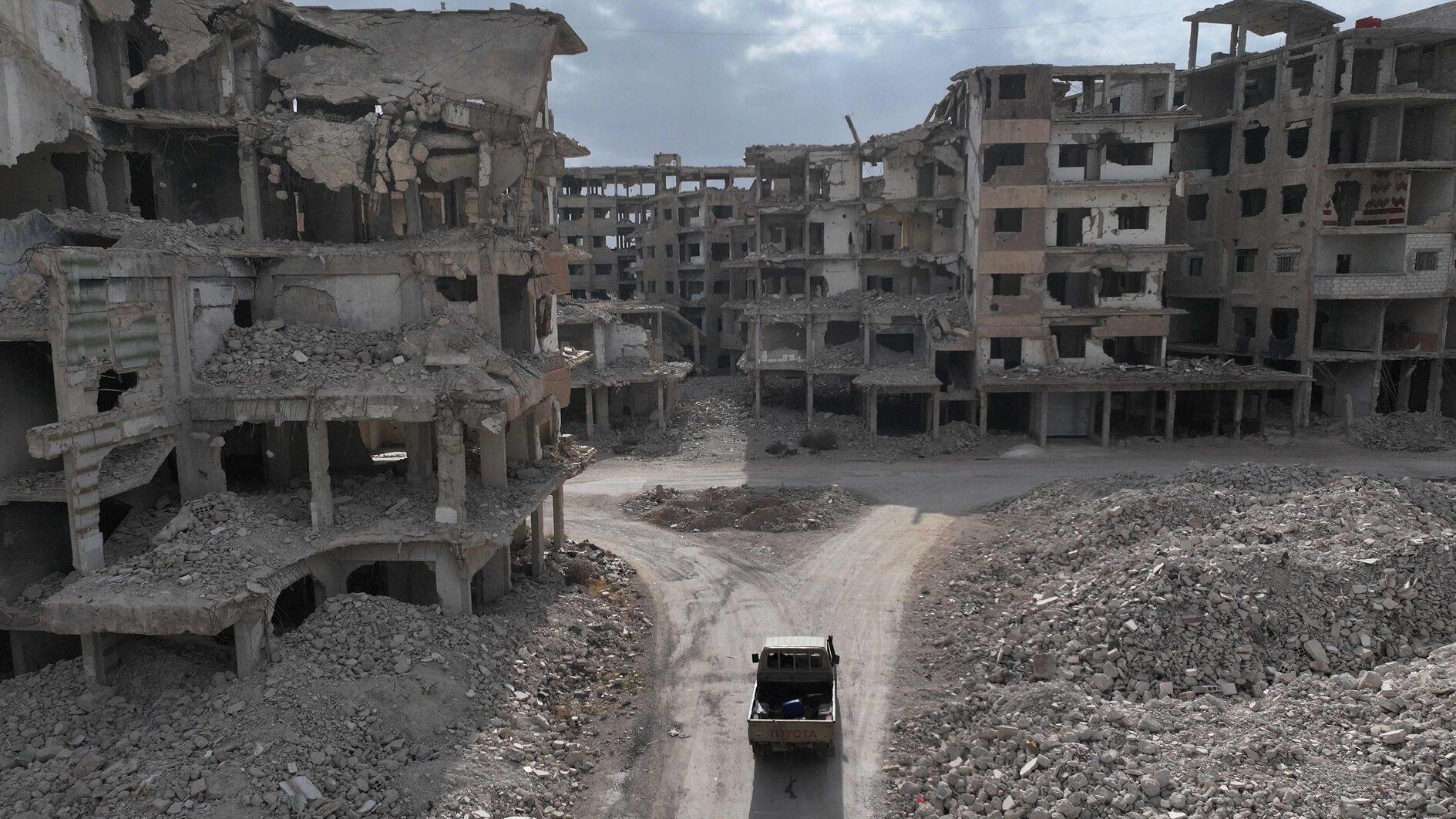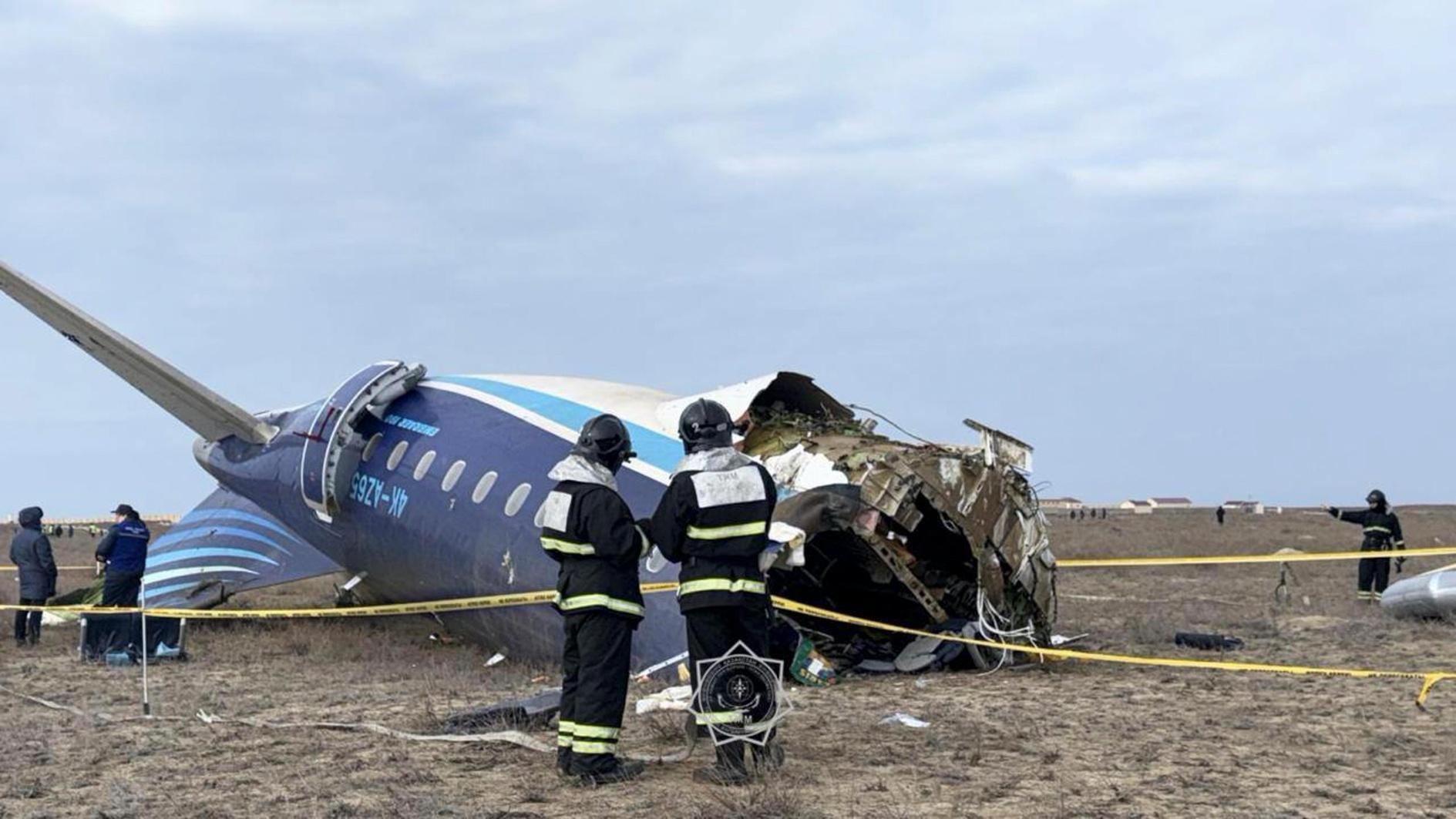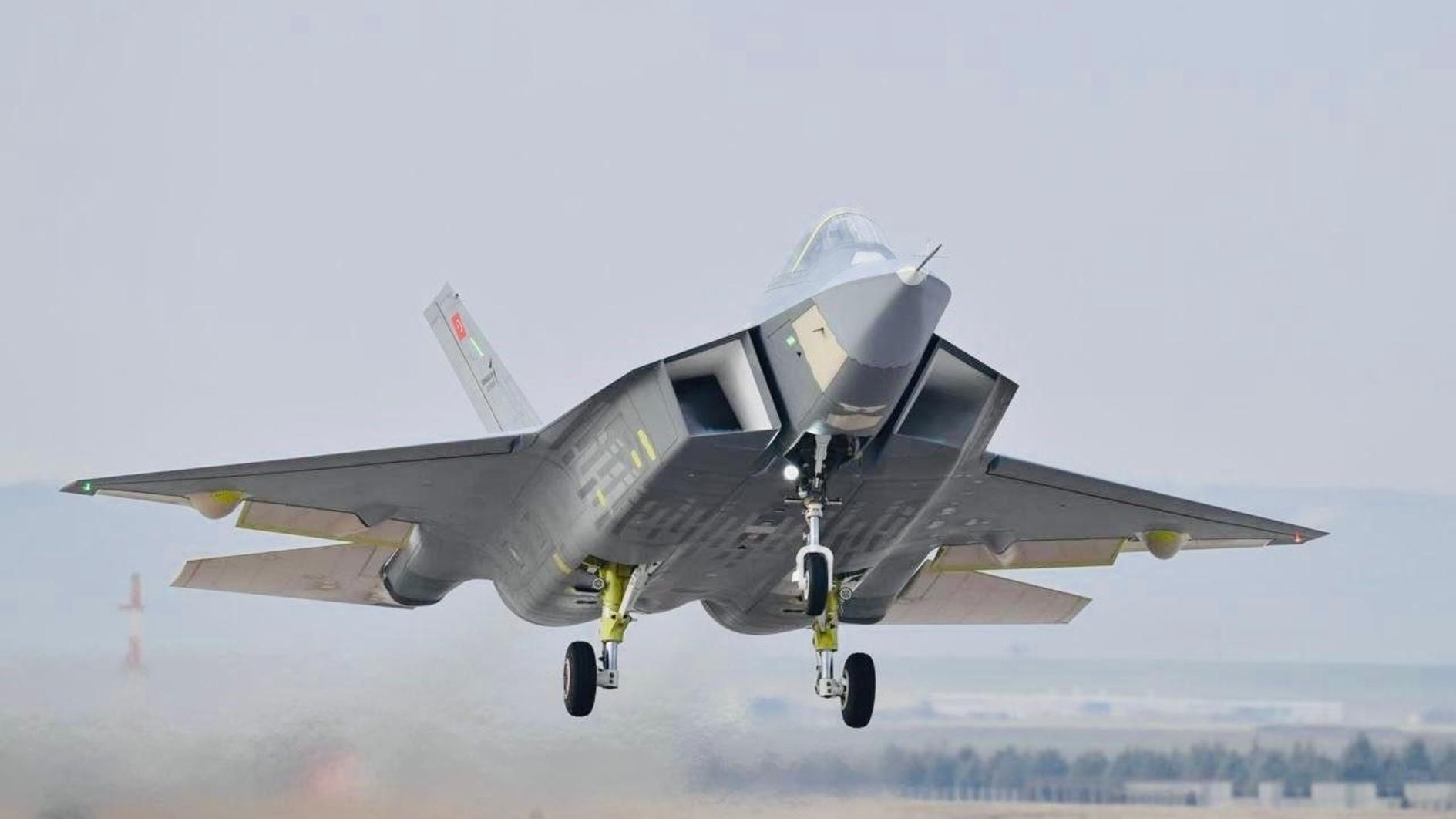The al-Assad regime will fall but it needs more pressure, says McCain
Tolga Tanış WASHINGTON - Hürriyet
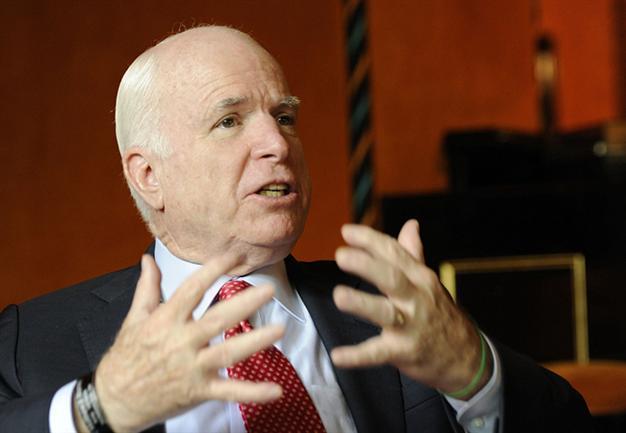
John McCain. AP photo
Former U.S. presidential candidate and Arizona Senator John McCain has said in an interview with daily Hürriyet that the Bashar al-Assad regime in Syria will eventually fall, but the pressure on it is not yet enough.“Everyone agrees that Bashar al-Assad will go, and I am sure that he will go,” McCain said in the interview.
Discussing his visit to Turkey and northern Iraq two weeks ago, McCain emphasized that the implications of the ongoing crisis in Syria were many, and that the pressure on the al-Assad regime is still not sufficient.
“So far, even though the resistance has made gains, the support of Bashar al-Assad has also increased from Iran, from Hezbollah, from Russia, and also by additional arms and equipment over Iraq from Iran and onto Syria,” McCain said. "Six months ago we did not see fighter airplanes attacking towns. We did not see random killings. But obviously the killings have increased."
In the interview, McCain asked: "I agree that Bashar al-Assad will fall, but is there sufficient pressure to stop the massacres? 20,000 people - or 21,000 by the time you go to press – have already been massacred. The U.S. has not responded in a way that we traditionally have done."
Regarding the possibility of military intervention in Syria, Senator McCain commented on the U.S.'s stance: "America is tired because of the wars it has been in, it doesn't want its boots on the ground. What I've been trying to convince the administration and the American people of is that we don't have to have American boots on the ground. That would be a bad thing to do. But we need to provide them [the opposition fighters] with arms. They needed a no-fly zone, which they could use to organize a provisional government," McCain said.
The Arizona Senator also blamed the Obama administration for not doing enough on the issue. "The real shameful part of this is that the U.S. president has not even spoken up on behalf of the Syrian people. That is a radical departure from any president that I have ever known. My question is, how many more have to die? Five months ago we had a hearing in the Armed Services Committee with Secretary [Leon] Panetta. I said, how many more have to die? He had no answer."
Asked whether he is hopeful about whether increased pressure will work to change the situation in Syria, McCain replied: "I don't know. Because this president does not believe in American leadership, he believes in ‘leading from behind’ … The lack of American leadership has manifested itself everywhere."
McCain also praised the Turkish government for its approach to the Syrian issue. "I think the Turkish government and people have done a lot, but I believe that if the U.S. exercised its leadership, Turkey and other countries in the region like Jordan, maybe not Iraq but the Kurds, would act in far more vigorous fashion."
Regarding the potential establishment of an independent Kurdish state in the region, McCain said: "Bashar al-Assad has abandoned the Kurdish areas of Syria, which have been taken over by the civilian arm of the PKK … Kurds are looking at all the options. I don't think they have made any decision, but I think they are examining all the options."
McCain also said: "Talabani is now very close to the Iranians," emphasizing the stance of Iraqi President Jalal Talabani, which he said made the regional circumstances even more complex.
"Every day that goes by, more Islamists, more jihadists, more al-Qaedas are coming to Syria, which then complicates the post-Assad departure dramatically," he said.
McCain was the Republican presidential candidate in 2008, and touched on current Republican candidate Mitt Romney's approach to Syria in the interview, arguing that his position was close to that of Turkey. "Romney has already come out in support of arms for the opposition. At least Romney is speaking up for these people. The President of the United States [Barack Obama] has not said a word. It’s hard to comprehend … I can say without a doubt that Governor Romney is in favor of getting arms to the freedom fighters and he is intent on working more closely with Turkey for getting this issue resolved," he said.


